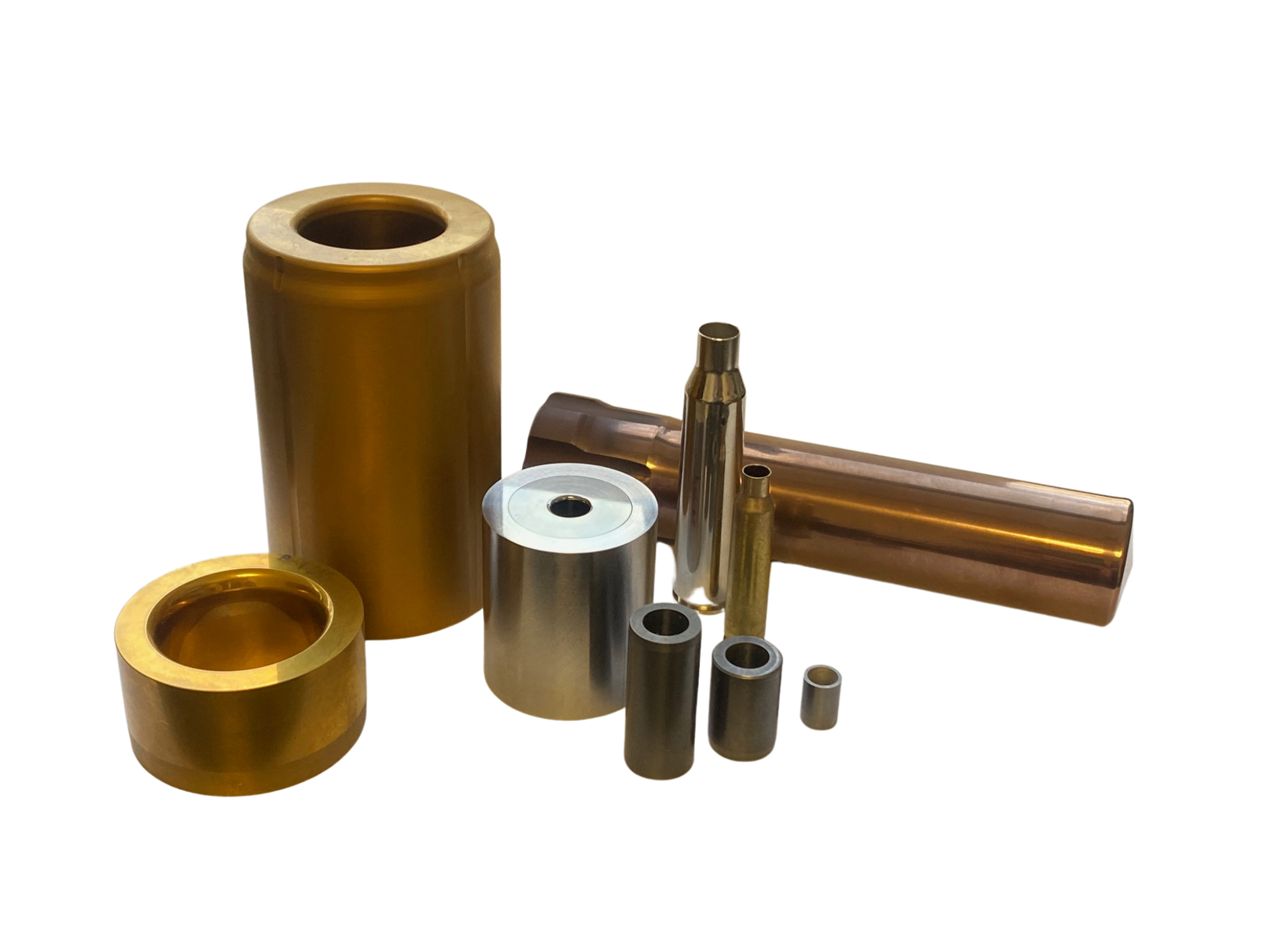Tungsten carbide dies are revolutionizing modern manufacturing. From the precision-heavy aerospace sector to high-volume automotive production, these tools offer a level of performance that traditional steel tooling simply cannot match.
In this guide, we explore the core benefits of carbide dies and why they have become indispensable for high-quality, high-efficiency production.
What is a Carbide Die?
A carbide die is a precision-engineered tool used to shape, cut, or form materials under intense pressure. Unlike standard tool steel, these dies are crafted from tungsten carbide—a compound created through powder metallurgy.
Common Types of Carbide Dies
| Die Type | Primary Function | Common Use Case |
| Drawing Dies | Reducing the diameter of wire or rods. | Copper wiring, musical strings. |
| Stamping Dies | Cutting/shaping sheet metal into forms. | Automotive body panels, brackets. |
| Extrusion Dies | Forcing material through an orifice. | Plastic tubing, aluminum frames. |
Top 5 Advantages of Carbide Dies
Why are manufacturers switching from steel to carbide? The shift is driven by five key performance factors:
1. Exceptional Wear Resistance
Carbide’s primary “superpower” is its hardness. It resists galling and erosion even under extreme friction. This translates to a significantly longer lifespan—often outlasting steel dies by a ratio of 10:1 or higher.
2. Corrosion & Chemical Stability
Does carbide rust? Generally, no. Carbide dies are highly resistant to oxidation and chemical degradation. This makes them ideal for manufacturing environments involving lubricants, coolants, or harsh synthetic materials.
3. Precision and Tight Tolerances
For industries where a micron matters, carbide is the gold standard. Its high Young’s Modulus (stiffness) ensures the die does not deform under pressure, allowing for intricate shapes and consistent accuracy across millions of cycles.
4. Maximized Productivity
Because carbide dies require fewer “tool changes” and less frequent polishing, your machines stay running longer. Reduced downtime equals higher throughput and lower labor costs.
5. Long-Term Cost-Effectiveness
While the initial investment for a tungsten carbide die is higher than steel, the Total Cost of Ownership (TCO) is much lower. When you factor in the extended tool life and reduced maintenance, the ROI is undeniable.
Key Industrial Applications
The versatility of carbide dies makes them essential across various high-stakes sectors:
- Automotive: Shaping engine components and safety-critical fasteners.
- Aerospace: Creating complex parts that must withstand extreme thermal stress.
- Electronics: Producing miniature connectors for smartphones and circuit boards.
- Medical: Manufacturing surgical instruments and biocompatible implants.
- Energy: Crafting high-durability components for oil and gas extraction and renewable energy hardware.
How to Select the Right Carbide Die
Choosing the wrong grade can lead to premature cracking or “chipping.” Consider these four factors:
- Application Requirements: Define your material (ferrous vs. non-ferrous), desired tolerances, and production volume.
- Carbide Grade Selection: Grades vary by cobalt content. Higher cobalt increases toughness (impact resistance), while lower cobalt increases hardness (wear resistance).
- Die Geometry: Intricate designs may require specialized EDM (Electrical Discharge Machining) or precision grinding.
- Supplier Expertise: Work with a manufacturer that understands grain sizes and sintering processes to ensure your die doesn’t fail under stress.
Pro Tip: Always ask your supplier about the “grain size” of the carbide. Sub-micron grains often provide a better balance of hardness and strength for high-precision stamping.
Future-Proof Your Manufacturing
Carbide dies are a strategic investment in quality and speed. By selecting the right grade and partnering with an experienced supplier like us, you can optimize your production line, minimize waste, and stay ahead of the competition.
Ready to upgrade your tooling performance?
Selecting a tooling partner is as critical as selecting the material itself. We combine decades of technical expertise with a commitment to precision that sets us apart in the industrial market.
Contact us today to discuss your specific application and get a custom quote on high-performance carbide dies.



